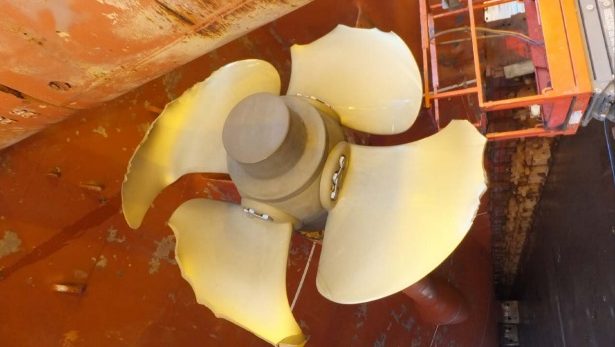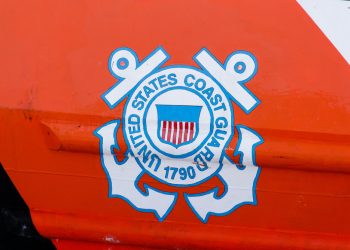US Coast Guard issued a Marine Safety Alert to operators, regarding potential suspect and counterfeit items, which are deficient when compared to authentic ones, and can lead to marine casualties and unsafe conditions.
In particular, during a recent investigation of a ferry propulsion failure, Coast Guard investigators discovered evidence of falsely identified fasteners being used as part of the drive train system. Several installed bolt heads separated from their shanks and, as a result, a splined hub coupling loosened and disconnected from the reduction gear / transmission. This then overstressed the stern tube seal, allowing water to leak into the engine room.
Bolt heads generally include markings that indicate grade and manufacturer. The grade is associated with a bolt’s mechanical properties and composition. In this instance one fastener was not listed in the Department of Commerce’s Fastener Quality Act Register of Active Fastener Insignias.
USCG explains that Suspect / Counterfeit Items (S/CIs) are products represented as meeting specified manufacturing and quality requirements when, in fact, they do not. S/CIs have been a known problem to industry and the government since the early 1980s. This concern initially focused on fasteners and over time has been expanded to include many items, both electrical and mechanical.
Oftentimes, such items are lifesaving products and fire-fighting equipment, which represent an extreme hazard. S/CIs can cause:
- marine casualties causing extensive damage to equipment, vessels and the environment;
- unsafe conditions that put people at risk of injury or death; and
- delays that impact vessel schedules and create additional operating costs.
In some industries, falsified purchasing or identifying documentation has misled purchasers into accepting S/CIs that do not conform to specified requirements. Types of misrepresentation in documentation include:
- product sources (counterfeits);
- product records;
- markings as to class, type, or grade;
- labeling as to qualification or acceptance by testing / certifying organizations; and
- used products misrepresented as new products.
The US Coast Guard strongly recommends that all vessel owners, operators, and technical personnel maintain awareness of S/CIs and implement policies and procedures aimed at identifying them.
Source: USCG




























































